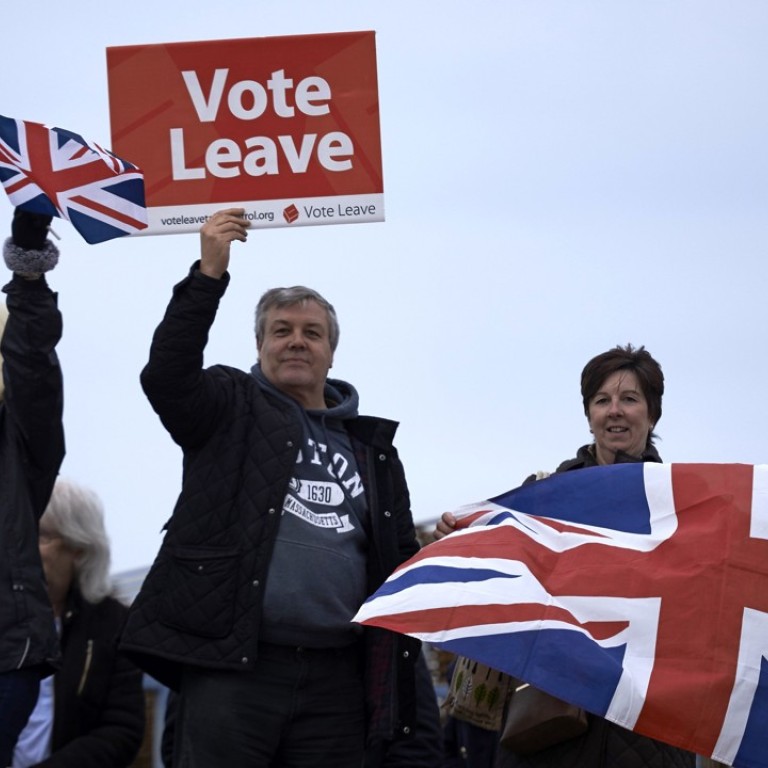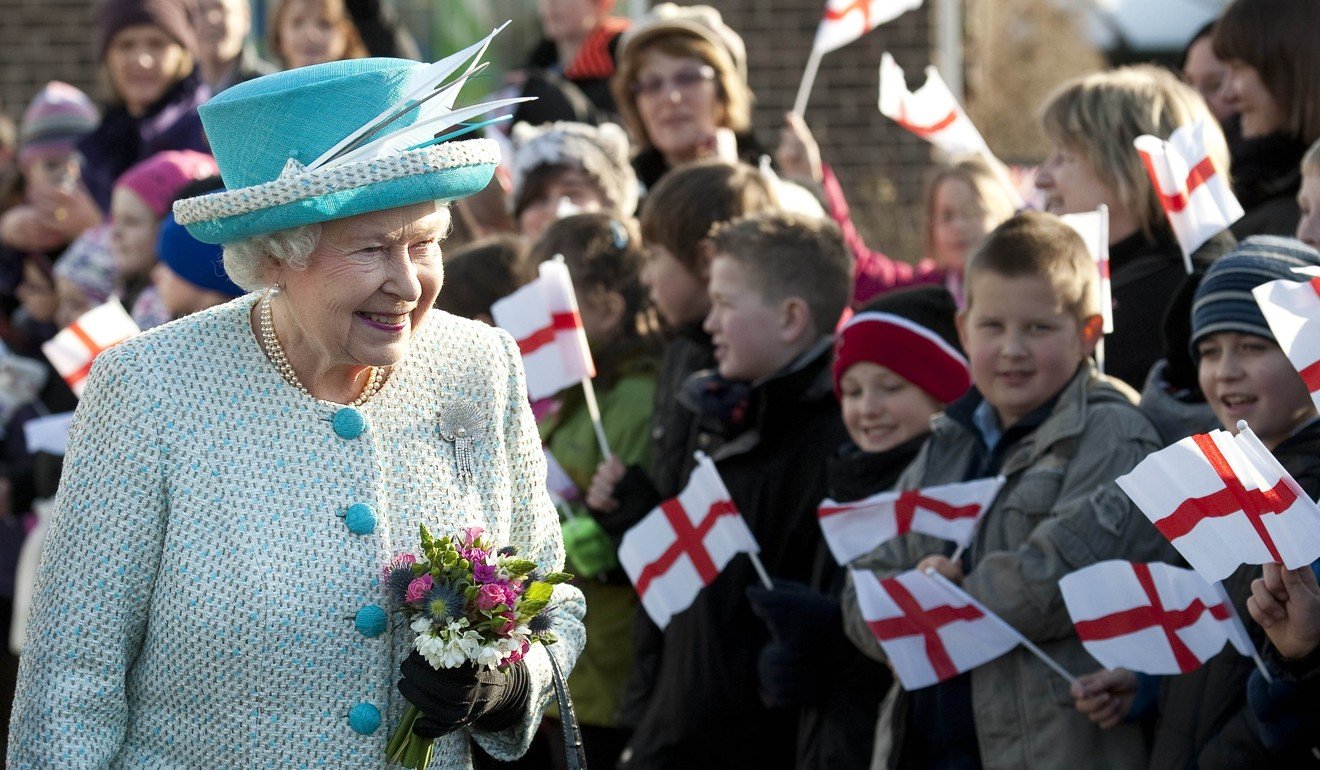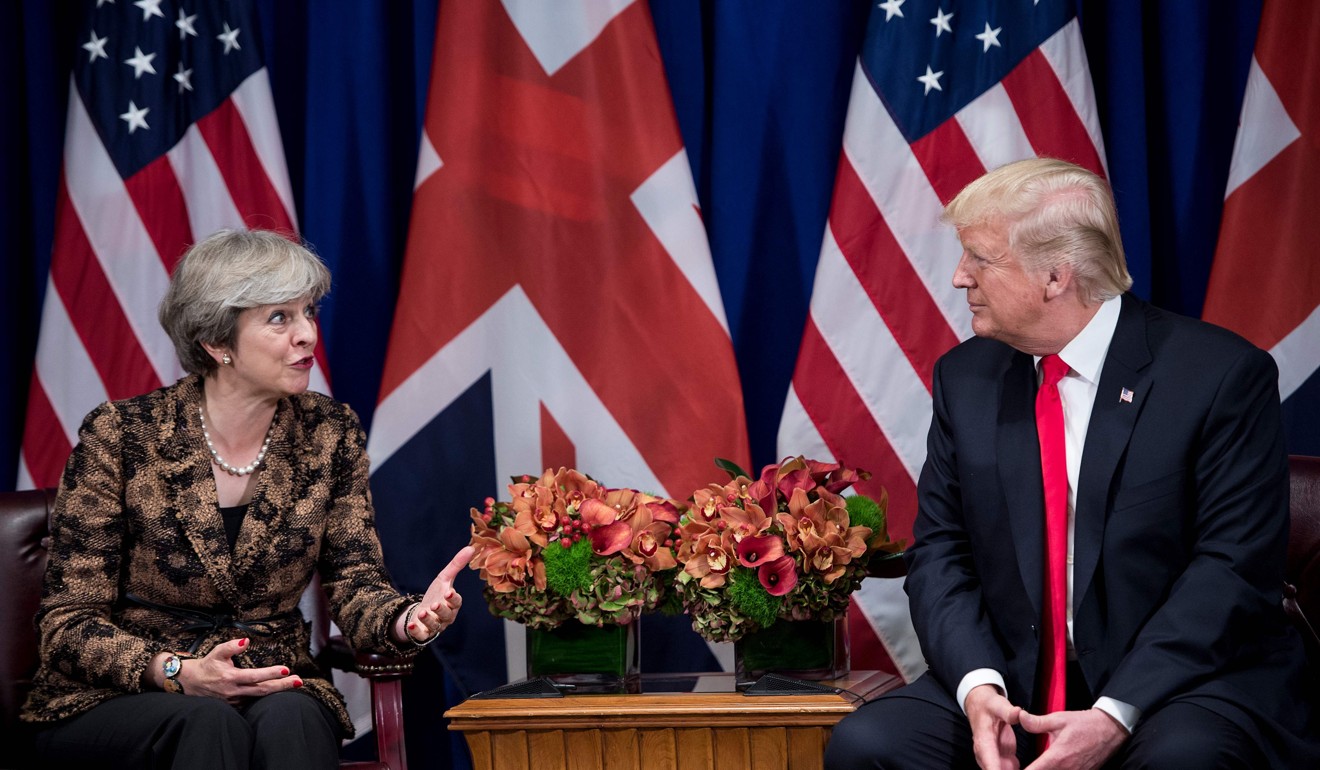
How a post-Brexit Britain can chart an independent future, free of the burdens of the EU
Grenville Cross says that, contrary to the arguments of remainers, the UK can create new trading arrangements around the world, from China to the US and the Commonwealth
She thereby delivered on her pledge to honour the decision of the British people in 2016, when, in the biggest vote for one thing in the nation’s history, they chose to take back control of their country. The UK will, therefore, formally leave the EU at 11pm on March 29, 2019.

It is 45 years since the UK joined the then European Economic Community (EEC), and many people have little or no idea what it is like to live in an independent, self-governing nation, and are even alarmed at the prospect. The EU has intruded into every aspect of national life, and many are reliant on it, shorn of self-will.
This suits the EU fine, as it makes ever increasing demands on its member states, and moves inexorably towards the tighter integration beloved of its ideologues. Its people, however, have scant say on its direction of travel, hence the widespread disillusionment revealed in recent national elections.
Watch: Brexit won’t damage China-UK ties, Beijing tells Theresa May
The UK has agreed to give the EU a divorce settlement of around £40 billion (US$52.5 billion), and the EU must respond in good faith. If it does not, and tries to humiliate the UK, or keep it tied to its infrastructure, such as its protectionist customs union – as advocated by EU-funded business groups, including the Confederation of British Industry – May must be prepared to walk away.
This would certainly not be in the EU’s interests, given the current access of, for example, German carmakers to British markets. The loss of the UK’s desperately needed cash would also be keenly felt by EU coffers.
Economists for Free Trade have estimated that a “no deal” scenario could cost the EU £500 billion, given its balance of trade surplus with the UK.

When Britain joined the EEC in 1973, it accounted for 30 per cent of global GDP. By 2019, that will have shrunk to just 15 per cent, notwithstanding that the union now comprises over four times as many member states. The EU is, moreover, bad at negotiating free trade deals, which explains why it has no such deals with, for example, China, India or the US.
After nine tortuous years, the EU finally concluded a trade deal with Canada. By contrast, the Australia-US trade deal was wrapped up in under a year.
Although the Canada-EU deal, which allows it 90 per cent access to the EU’s single market, but without access fees or free movement, is a possible template for the UK, Brexit Secretary David Davis has emphasised that “our new trading agreement will be bespoke, and go beyond any other trade agreement the EU has signed before”. The UK’s future must, therefore, be global, with trade as frictionless as possible.
The UK is entering an exciting stage in its island history, perhaps even a renaissance. There will be some significant challenges ahead, but also, potentially, huge prizes. What Britain needs therefore in abundance is people with grit and vision, able to see the bigger picture, not defeatism or timidity.
Grenville Cross SC is the Leave Means Leave Ambassador Hong Kong
Reader response: British youth will be thankful for post-Brexit prosperity

